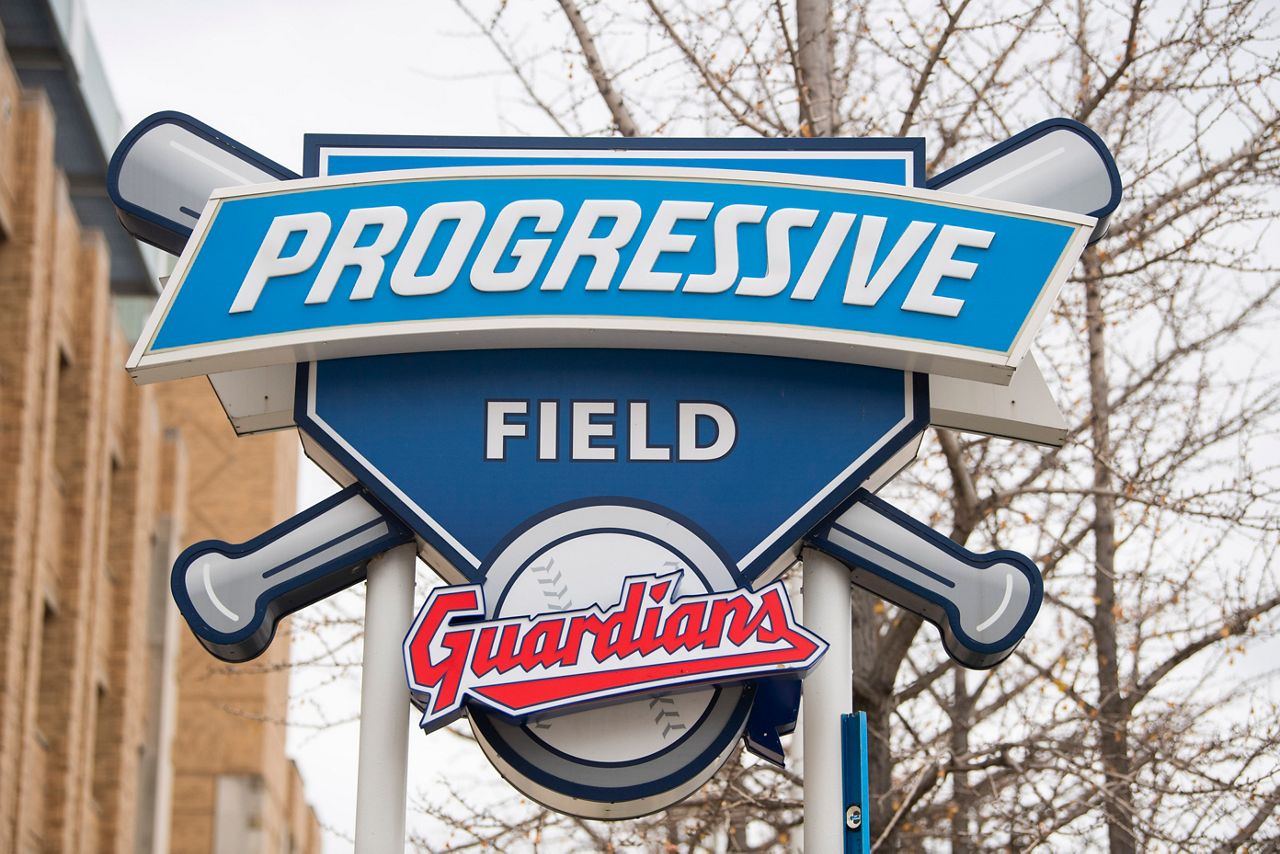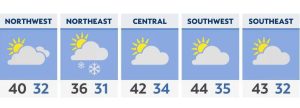The $1.75 trillion Build Back Better spending bill that passed the House of Representatives Friday includes a provision that would provide health coverage to millions of uninsured Americans through at least 2025 — a potentially transformative provision, and one that Democrats say could change the lives of more than 2 million U.S. residents who are currently ineligible for Medicaid benefits.
Under the Affordable Care Act, states were given the option to expand Medicaid benefits to all low-income people whose earnings were below 138% of the federal poverty level.
But 12 U.S. states refused to do so, despite persistent efforts from health care advocates and Democrats — leaving an estimated 2.2 million Americans uninsured and caught in a limbo known as the so-called Medicaid “coverage gap.” Their part-time jobs are too high to qualify for Medicaid under state laws, and too little to qualify for subsidized health insurance in Affordable Care Act marketplaces.
Texas is one such state that declined to expand Medicaid coverage, even though doing so would allow more than 770,000 of its residents to access health care coverage, including essential workers and parents who may been forced to cut back on work or leave their jobs completely during the pandemic.
For Amber Ayala, a 22-year-old grocery store clerk who graduated from the University of Houston in May, access to affordable health care could have been life-changing.
In fact, she said, it was the high cost of doctors’ appointments and medical procedures that caused her to delay seeking treatment for a seemingly-minor problem: an ingrown toenail.
“I kind of did wait it out; I hoped that it would resolve on its own,” Ayala told Spectrum News in an interview. “That’s kind of been a pattern in my life, even as a child, [as] someone who doesn’t have insurance. You kind of just hope like it will go away on its own.”
But it didn’t. And when she was eventually able to seek treatment, Ayala says, she was told she had lasting nerve damage. Now, she faces near-constant pain that will likely persist for the rest of her life.
“I was kind of just told that, this is what you have to deal with now. [Now], I have to work around it really, and make it a part of my life. I have to be careful how long I’m working,” she said. “Standing up can be uncomfortable at times. And that’s what I’m mostly doing at work right now.”
In an interview Thursday, Rep. Lloyd Doggett, D-Tex., lamented the fact that, for more than a decade, many of his state’s most vulnerable residents have not been eligible to receive the Affordable Care Act benefits.
“We have the disgraceful position in Texas right now of having more uninsured children, more insured uninsured citizens, than any state in the country,” Doggett told Spectrum News. “And so that’s why I’ve made this a priority. I want to end that disgrace, [and] overcome the rejectionist attitude of our Republican governors and legislators, and get these families to help that they need.”
Now, under the Build Back Better provision, he said, Texans in the coverage gap “will be able to access a family physician, get essential medicines, other kinds of care—both mental and physical–should they need it.”
“I believe this is a big advancement,” Doggett continued. Those eligible, he added, “will be placed in what are called the Affordable Care Act Marketplaces, where many people have greater means can get them now, they will have a no premium policy that should give them broad coverage.”
“We’re hopeful that carries as well into the next administration, that the program will be firmed up and we will be able to continue it thereafter,” Doggett told Spectrum News in an interview. “I’m very concerned that we not leave people who’ve been left behind for so long, facing a sudden cliff, but I’ll be working to extend it beyond that for years and make it permanent.”
Robert Laurence, a 27-year-old contactor living in San Antonio, also understands this struggle acutely. His job involves a lot of temporary consulting work for various nonprofit groups and political campaigns—work he says he loves, but hasn’t been the most stable source of income, especially during the pandemic.
And though the pay for consulting jobs is often higher than his previous work in the service industry, there’s little—if any—stability when it comes to health care. “You don’t get any sort of health benefits if you are a contractor,” Laurence told Spectrum News in an interview Thursday.
“And a lot of times, I don’t even, you know, I try not to go to the doctor and just … focus on home remedies, because, you know, it’s so expensive,” he said.
“I struggle every day, I think without health care, because of the instability.”




